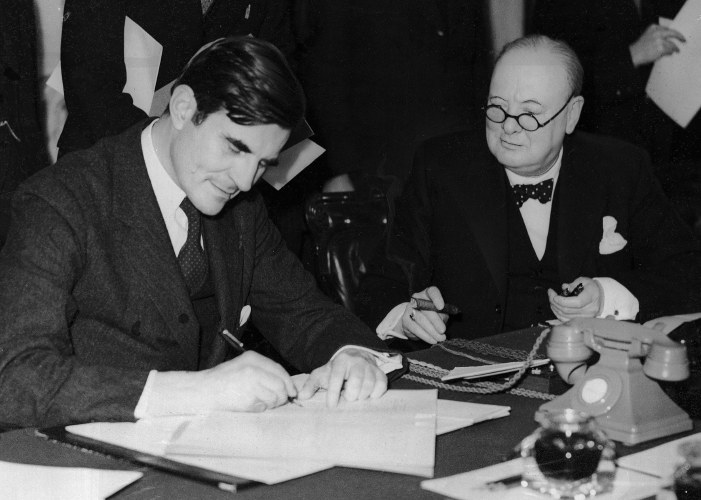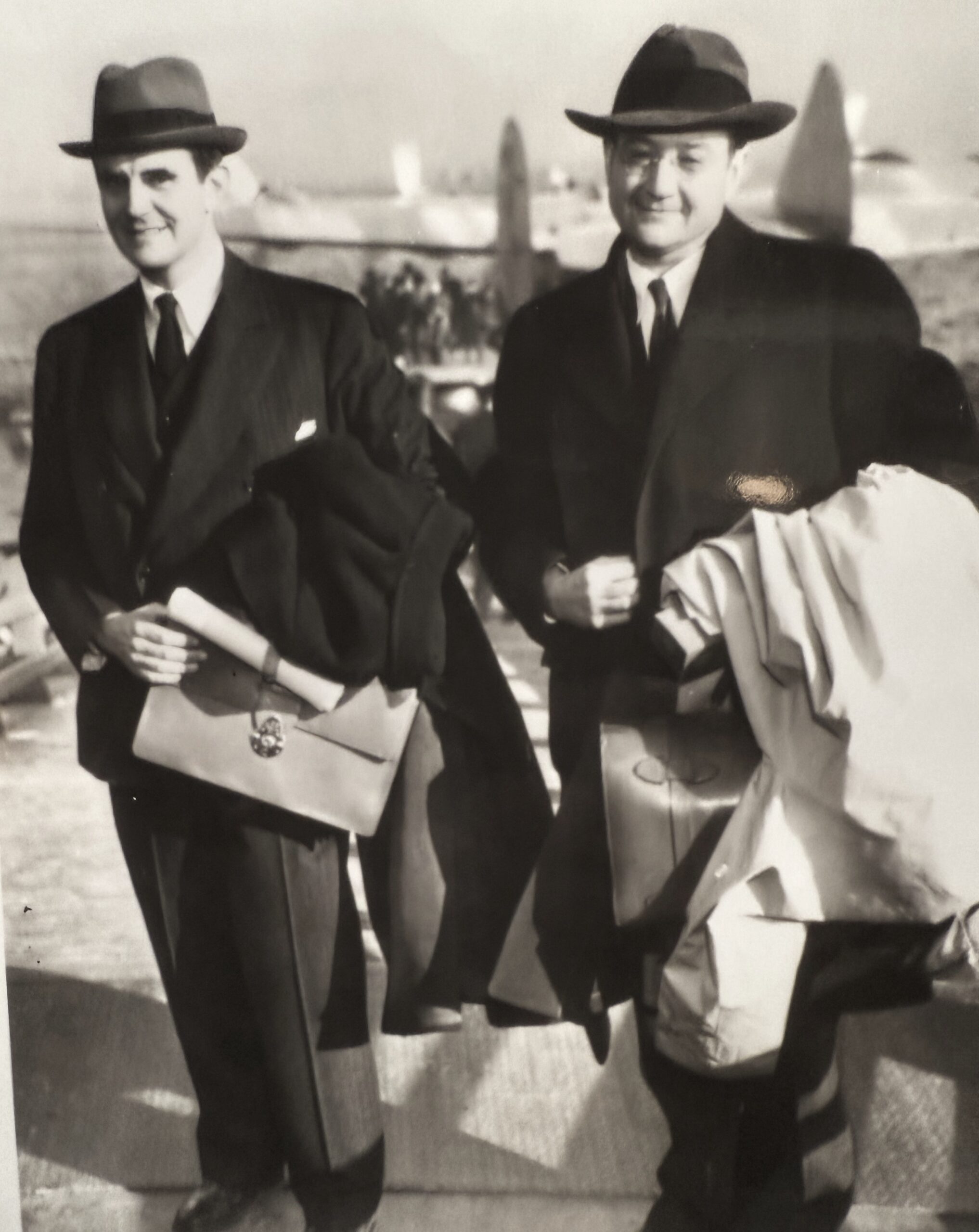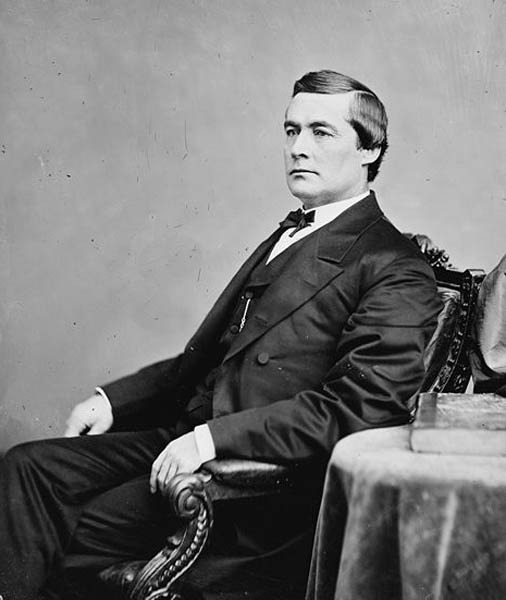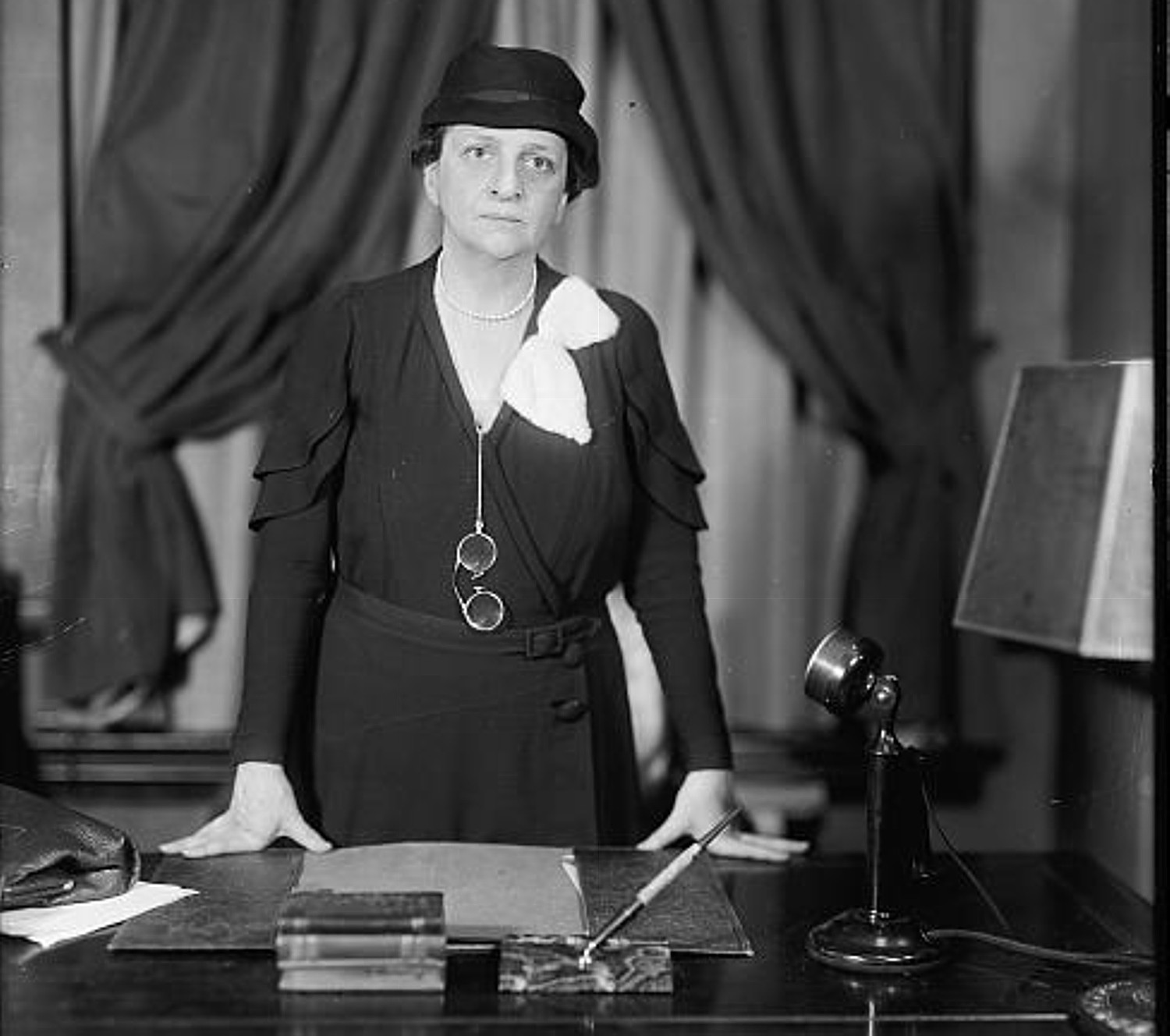
photo – Cathy Yanke
Wisconsin’s night sky opened to a rare sight, one usually reserved for places far colder and farther north—the Northern Lights. The colors pulled against each other, as if the sky itself were wrestling with something unsettled.
Striking, but what held me wasn’t the sky; it was everything beneath it: a farmhouse, some outbuildings, a scatter of lights. Chaos above; calm below.
At this moment, the “sky” above us—public life, politics, the constant noise that surrounds us—feels more unstable than it has in years. Anger, misinformation, and a relentless stream of negative commentary don’t just sweep across the country; they dominate the landscape—bright, erratic, impossible to ignore.
But the houses below tell a different story. People are doing what they’ve always done this time of year: setting the table, gathering with family, making room for someone who needs it, and reminding themselves what it means to care. These are the small, ordinary acts that rarely make the news.
Thanksgiving is not about perfection. It’s not about resolving every disagreement or pretending the world is simpler than it is. It’s about the respect we show one another, of pausing long enough to remember what still works in our lives and in our communities.
The drama above reminds us that disorder is not new. The sky has been erupting in color for thousands of years. People have been gathering for thousands of years, finding ways to stay connected amid uncertainty.
In 1863, during a civil war that tore at the country’s very soul, President Abraham Lincoln set the last Thursday of November as a national day of Thanksgiving, a moment he hoped would help “heal the wounds of the nation” and restore us to “the full enjoyment of peace, harmony, tranquility, and Union.”
Even in a time of deep division, Lincoln understood that gratitude could be an act of repair. Gratitude is not passive. It’s a choice—sometimes a difficult one. It’s also an act of responsibility: recognizing the people who show up for us, the freedoms we easily take for granted, the opportunities we didn’t create alone, and the communities that endure even when the headlines say otherwise. And with that recognition comes the obligation to protect what we still share.
That might be the most important part. Because when the sky feels unstable—when the nation feels unstable—the weight falls on all of us to strengthen the ground we stand upon. To argue without contempt. To listen longer than is comfortable. To support the institutions that hold us together, and remember that democracy itself depends on citizens who choose to live as neighbors.
Gratitude is how we steady ourselves. Responsibility is how we steady our country. And it’s the choices we make below that sky that determine the kind of nation we live in.












